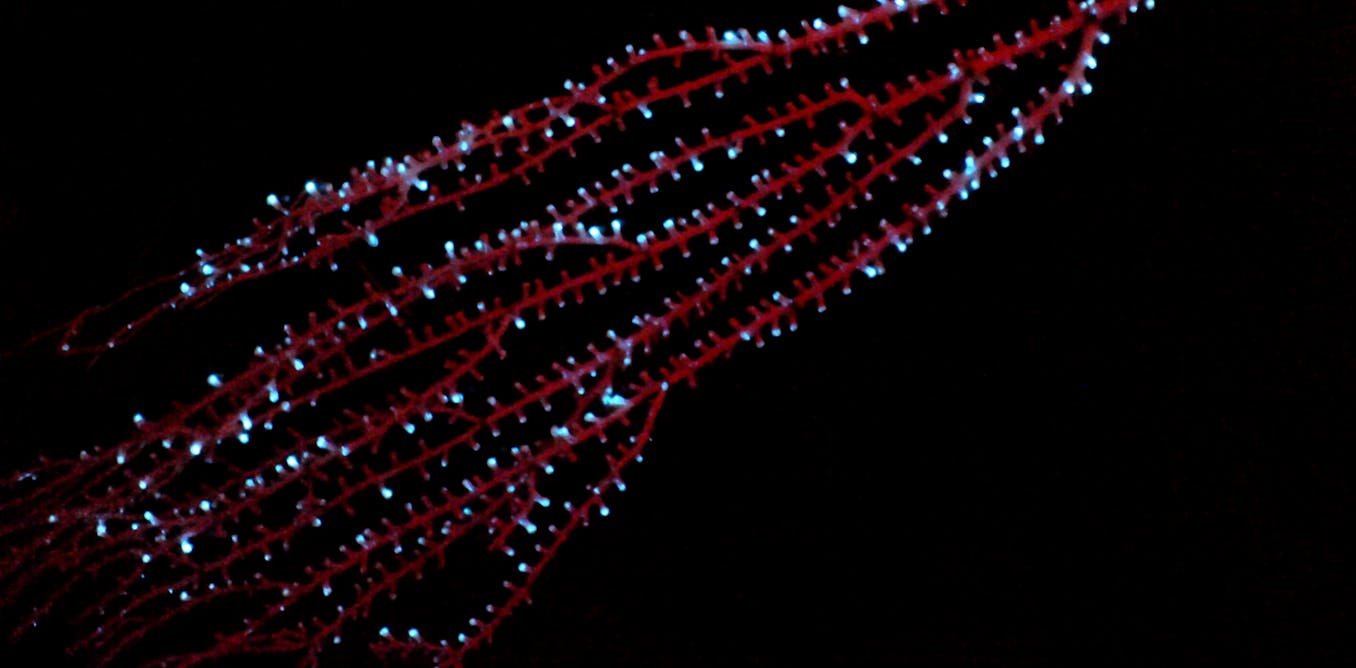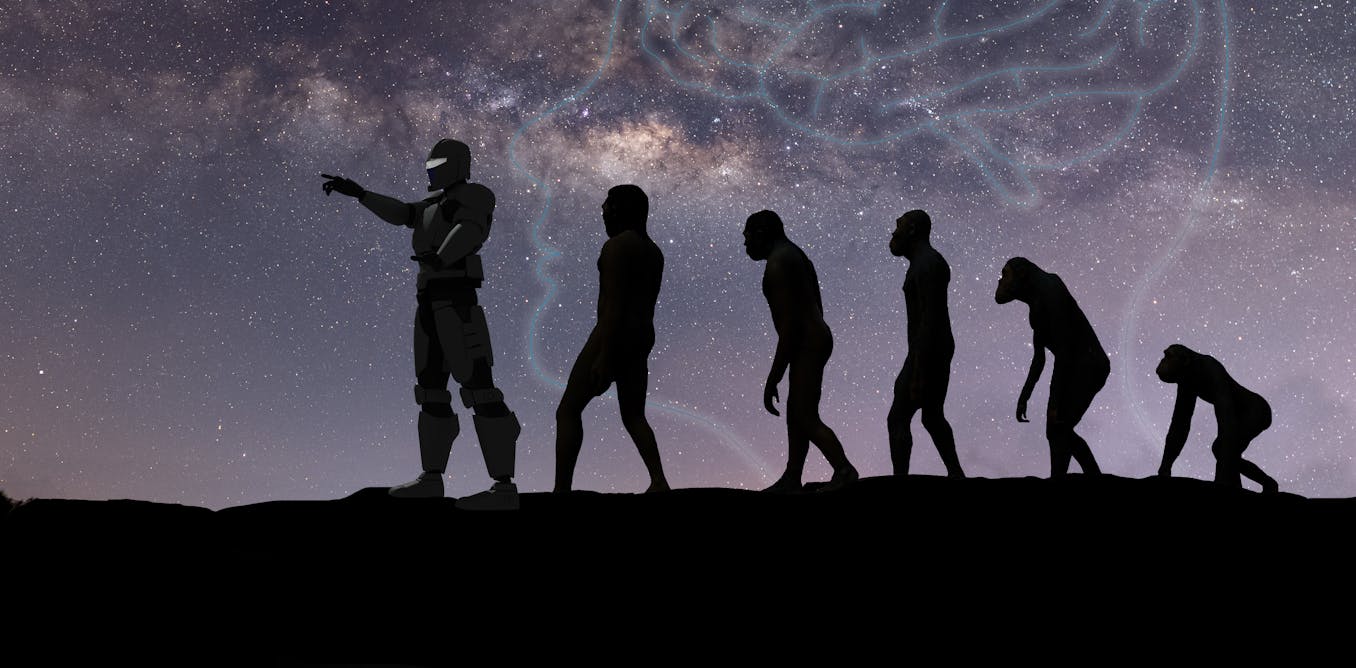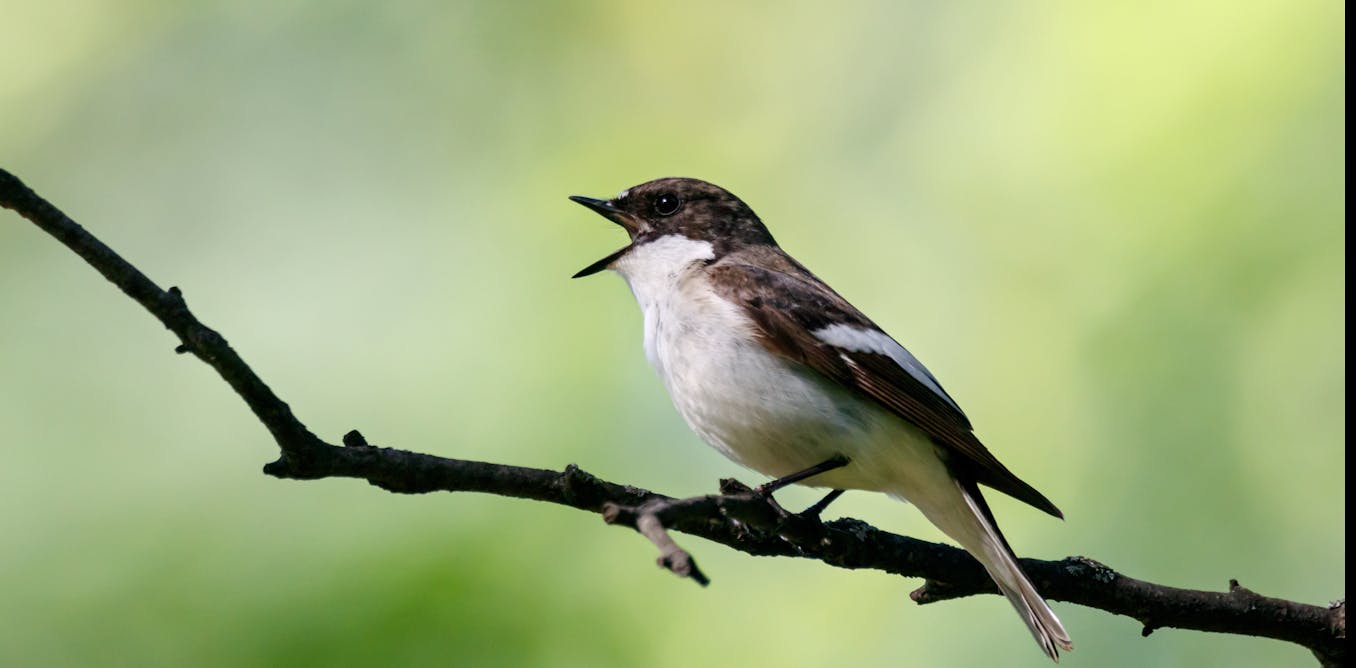Ferns and flowers bribe helpful ant defenders with nectar, but ferns developed this ability much later – our study shows why
Ferns have evolved a mutually beneficial relationship with ants, but this happened late in their evolution. A recent study shows that old dogs can learn new tricks.
Jacob S. Suissa, Assistant Professor of Plant Evolutionary Biology, University of Tennessee •
conversation
June 20, 2024 • ~6 min
June 20, 2024 • ~6 min
From glowing corals to vomiting shrimp, animals have used bioluminescence to communicate for millions of years – here’s what scientists still don’t know about it
Dozens of animals, some on land but many in the ocean, can produce light within their bodies through chemical reactions. Scientists are still trying to understand when and why this trait developed.
Andrea Quattrini, Research Zoologist and Curator of Corals, Smithsonian Institution •
conversation
June 14, 2024 • ~10 min
June 14, 2024 • ~10 min
African elephants address one another with name-like calls − similar to humans
Humans aren’t the only animals that have names for each other − and studying animals that use names can teach researchers more about how human names evolved.
Mickey Pardo, Postdoctoral Fellow in Fish, Wildlife and Conservation Biology, Colorado State University •
conversation
June 11, 2024 • ~9 min
June 11, 2024 • ~9 min
Female giraffes drove the evolution of long giraffe necks in order to feed on the most nutritious leaves, new research suggests
Giraffe necks are a hot topic among biologists. A new study contradicts an older theory that says male giraffes need long necks to fight over mates.
Douglas R. Cavener, Huck Distinguished Chair in Evolutionary Genetics and Professor of Biology, Penn State •
conversation
June 5, 2024 • ~7 min
June 5, 2024 • ~7 min
Why so many animals have a third eyelid, including our pets – yet humans don’t
It’s a question of evolution and adaptation.
Dan Baumgardt, Senior Lecturer, School of Physiology, Pharmacology and Neuroscience, University of Bristol
• conversation
May 16, 2024 • ~7 min
May 16, 2024 • ~7 min
/
25









